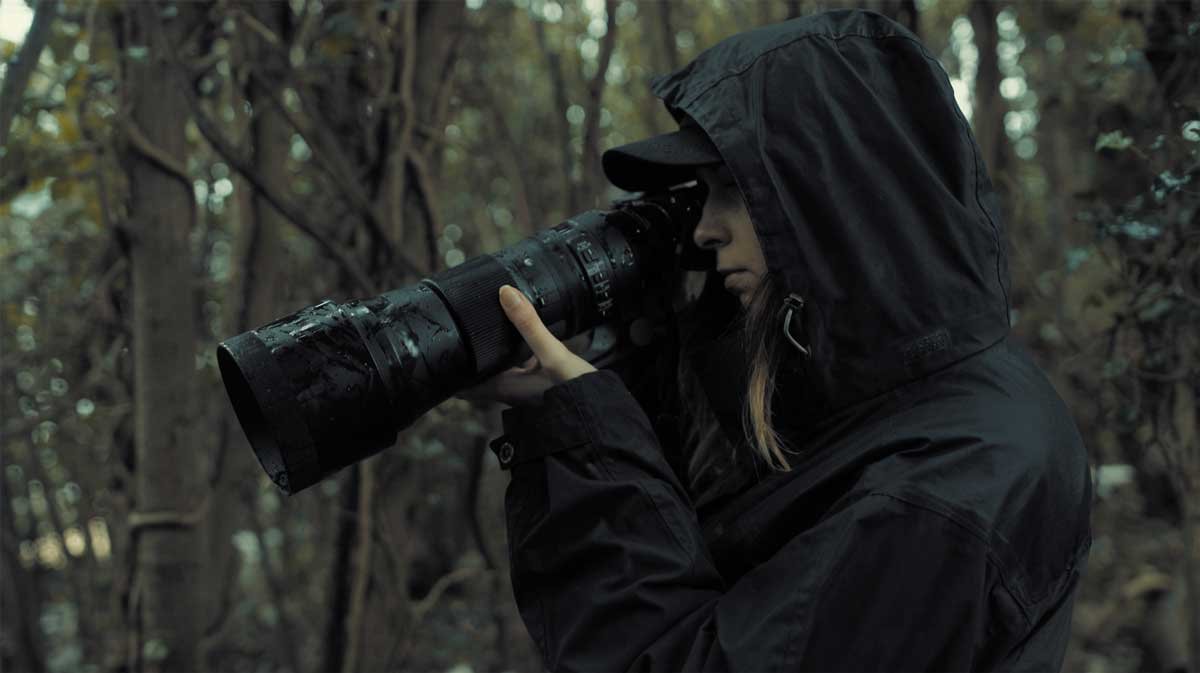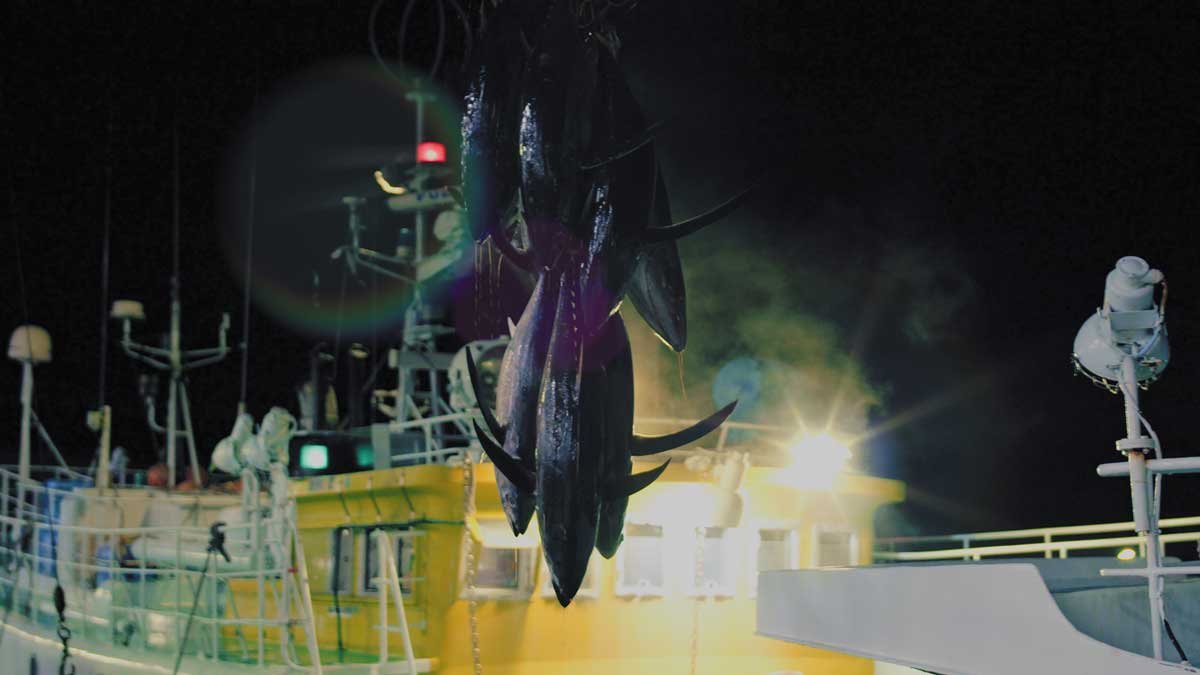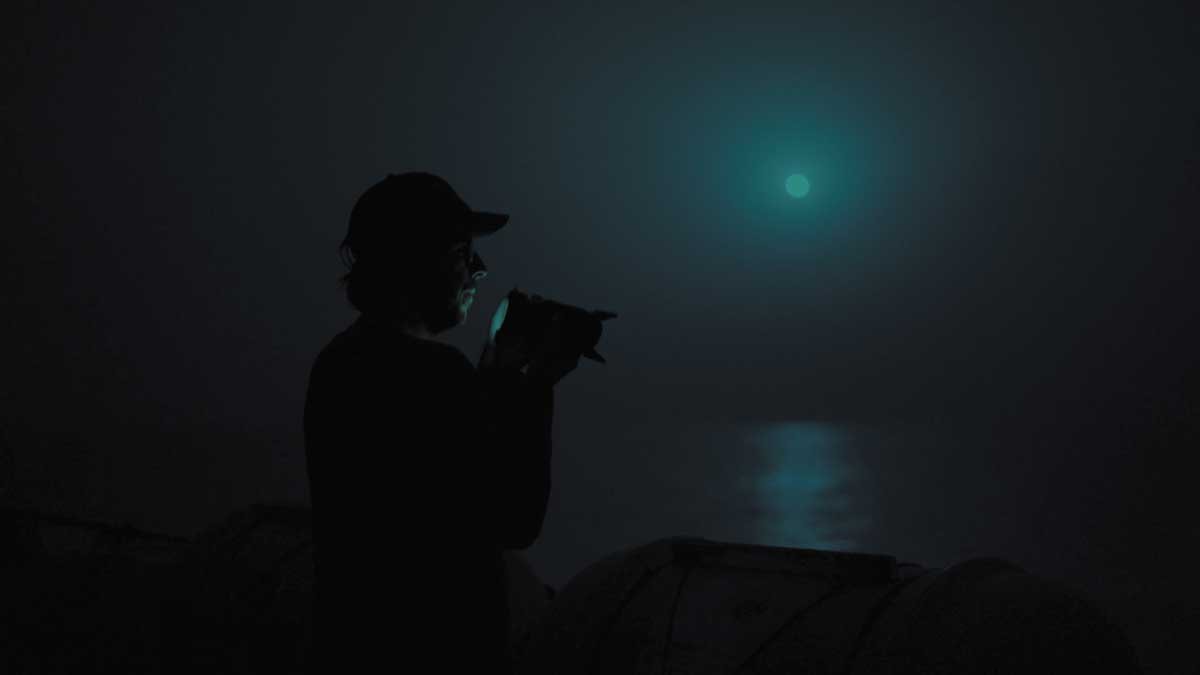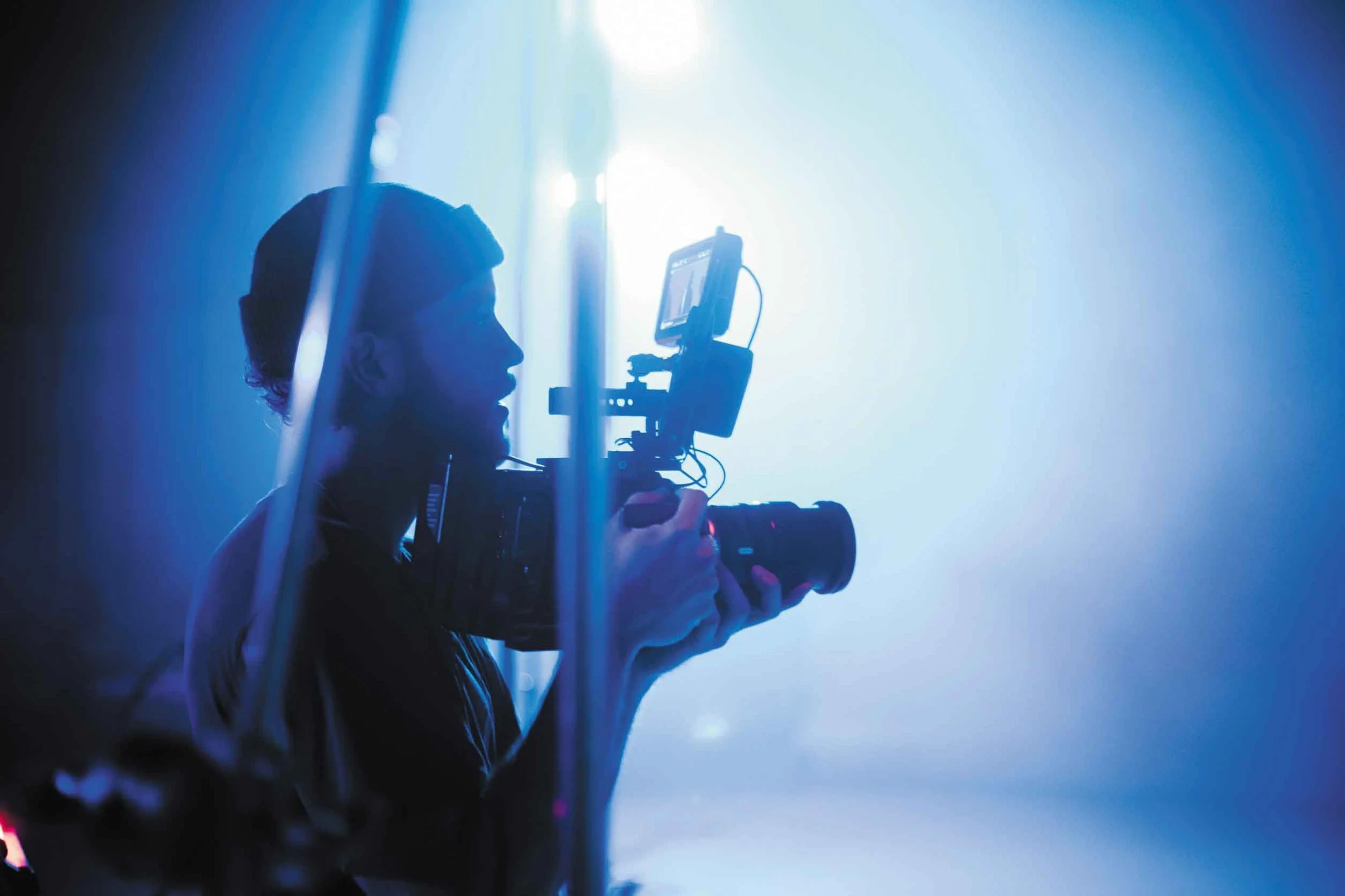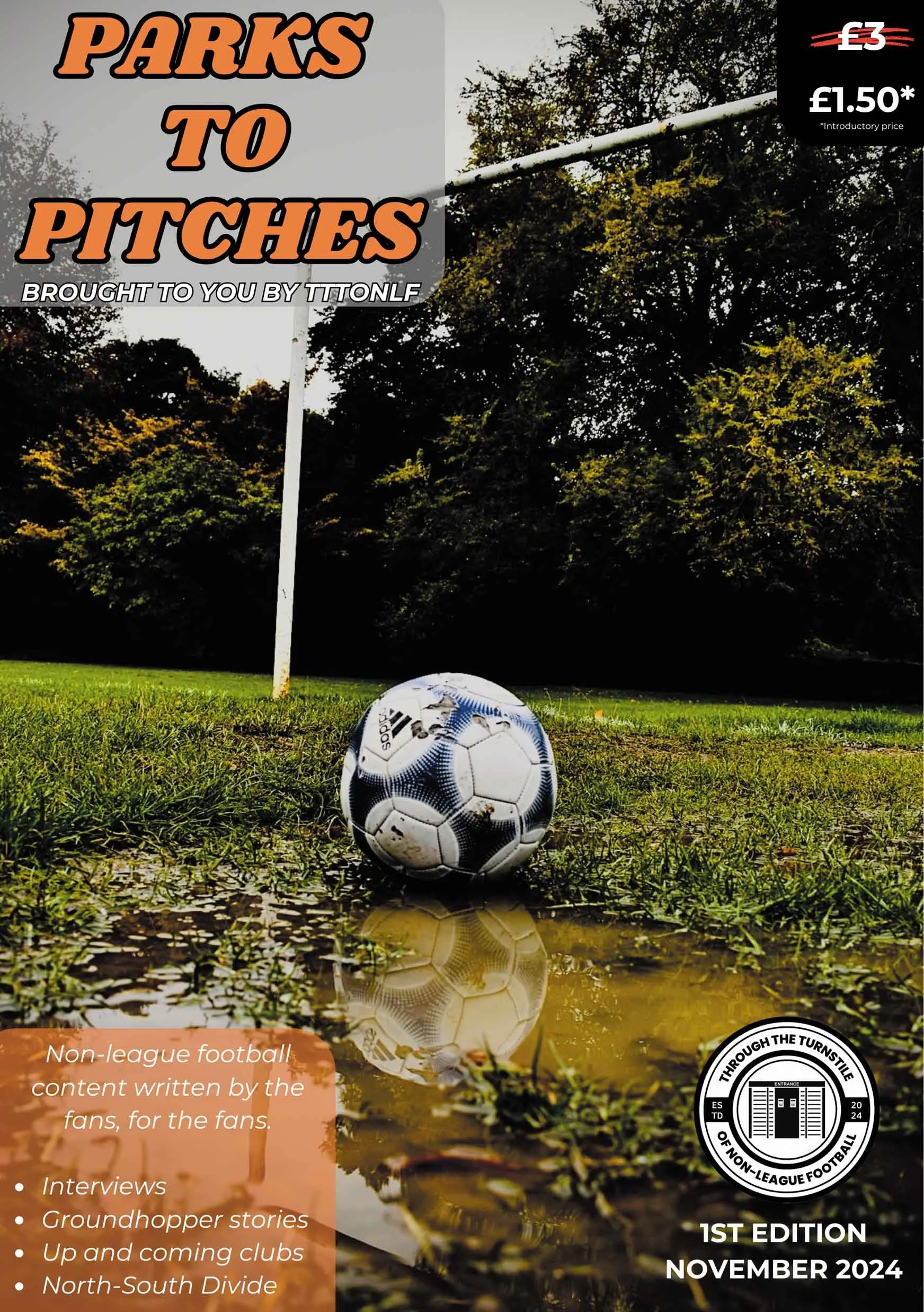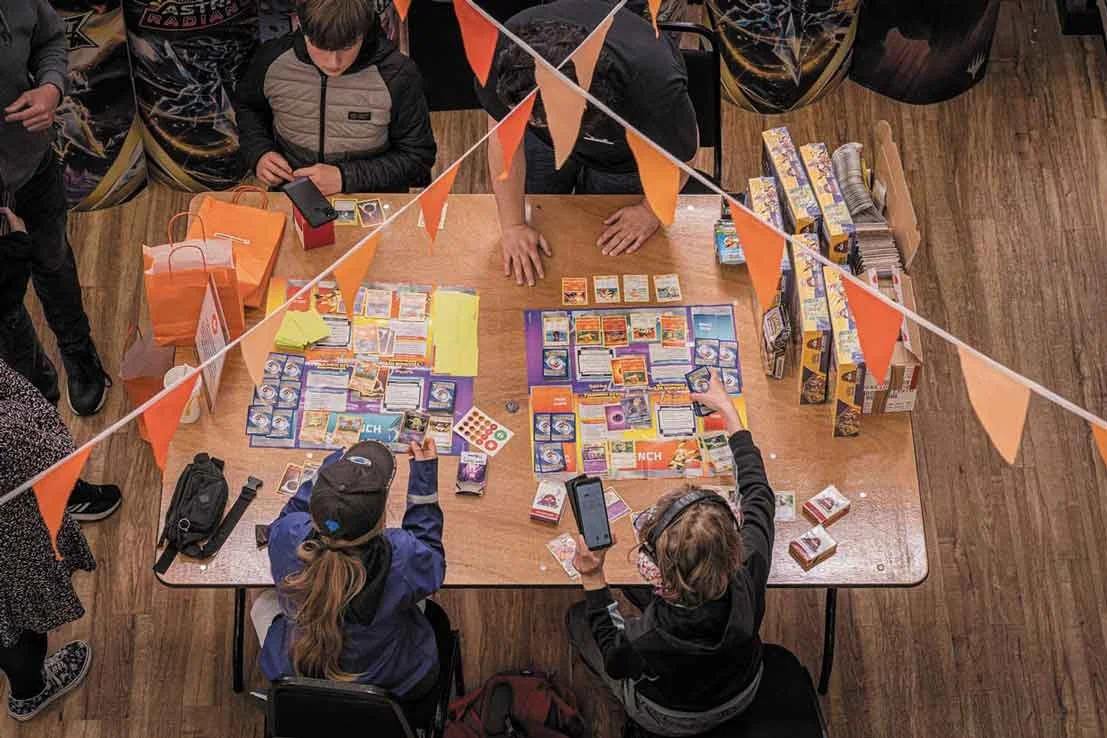SINCE SEASPIRACY: Exclusive interview with creators of Netflix phenomenon
EXCLUSIVE: Ramsgate’s Ali and Lucy Tabrizi tell us what life has been like since the release of world-renowned documentary Seaspiracy, its legacy and the who’s next in their sights
In March of 2021, a documentary examining the global fishing industry and its impact on the world’s oceans was released on to Netflix. If you don’t already know what I’m referring to, it was called Seaspiracy.
With the UK lockdown still in effect, the work watercooler discussion about this new documentary was transferred to social media, with the film also racking up Netflix’s ‘Most Watched’ spots in countries across the planet. Column inches followed suit, with media outlets investigating, reviewing and stoking the fires that were lit in the, at times, extremely hard-to-watch footage.
There was outrage on both sides as viewers digested the information being presented and the organisations at the centre of the controversy tried to discredit it.
At the centre of the storm was Ramsgate’s husband-and-wife team Ali and Lucy Tabrizi, who together researched and shot the 90-minute film that displays a very grim picture of the commercial fishing industry and the damage that discarded fishing nets are causing to the seas.
While the industry has hit back, saying the documentary presents a warped picture of reality (I mean, dolphins and whales don’t just round themselves up to commit suicide, do they, Faroe Islands?), there’s no doubt that Seaspiracy has raised awareness of the issues to millions of people around the world. In this issue we wanted to take the opportunity to talk to the people behind the documentary and find out what life has been like since it was released.
Given the worldwide attention that the documentary gained, how has your life been impacted, either positively or negatively?
Our lives have been impacted in an overwhelmingly positive way with the success and recognition we now have, but with that comes a huge amount of responsibility and a fair amount of stress. That said, I think we have both dealt with and received recognition in different ways. Because Lucy was behind the camera making Seaspiracy, many people overlook her vital role in the film’s production, falsely believing it was a one-man show with just myself! Without Lucy, the film wouldn’t be the same. But that doesn’t stop the occasional fan unknowingly asking the Seaspiracy assistant director “Hey Lucy! Have you ever seen a film called Seaspiracy?”, which gives us a bit of a giggle.
You received some backlash from companies and individuals in an attempt to undermine the documentary. Was there ever a moment that you wished you could put the genie back in the bottle?
It’s true, we definitely shone a bright light on the dark underbelly of the fishing industry and many of the NGOs who falsely claim to be fighting for our ocean. The industry tried hitting back unsuccessfully countless times, making up lies, trying to take legal action and trying to slander us online – most notoriously the Scottish salmon-farming industry. None of their claims held any water and, if anything, only dug their own graves deeper. But this retaliation was our signal that we had done something right. The deafening silence from the mainstream media and environmental groups about the reality facing our ocean is over and finally no one can ignore the single greatest driver of destruction in our incredible seas – the fishing industry.
Has the reaction to the documentary given you more motivation to dig even further?
Absolutely. I believe we are in a golden age for documentaries, and it’s fantastic knowing there is an audience for these kinds of films. In fact, documentaries are frequently getting more views than big-budget narrative films. People are gravitating to documentaries for a level of sincerity and authenticity they aren’t getting anywhere else, especially in the 24-hour news cycle. I also don’t buy the myth that ‘people’s attention spans are getting shorter and shorter’. I just think there is such a high volume of bullshit out there that we can’t afford to waste our time consuming it all, so people are just making snappier bullshit that fits in a 15-second video. But I would happily sit and watch a two- or three-hour film if it gripped me. It’s about quality not quantity and I’m excited about bringing my next film to this documentary-hungry audience.
What do you think the legacy of Seaspiracy is? And is it what you hoped it would be?
I had zero expectations for Seaspiracy’s release. We were just focused on the process and journey of making it. But what is incredible to see is that it has become a bit of a cultural phenomenon where every time fishing or seafood is mentioned, whether on the radio, the news, or even on trashy TV dating shows, the film is often brought up and referenced. I believe it is one of the first gritty environmental documentaries to break into the mainstream consciousness in this way.
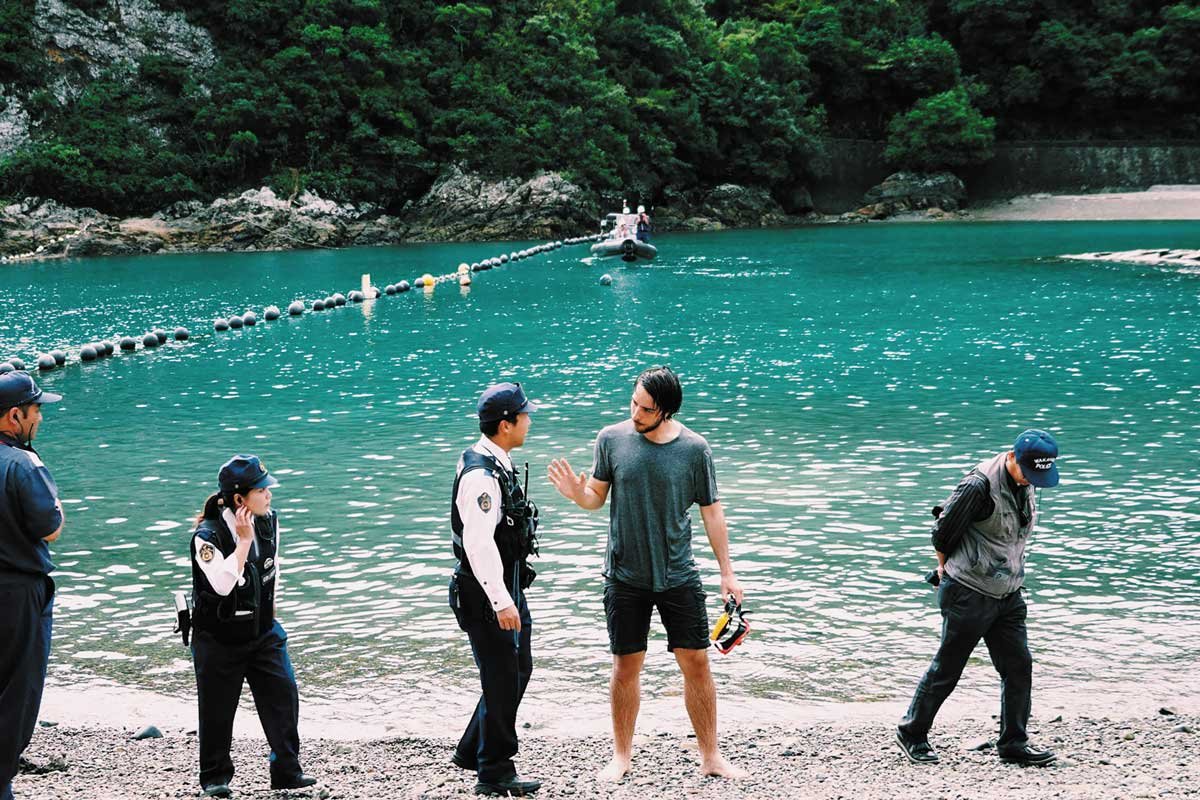
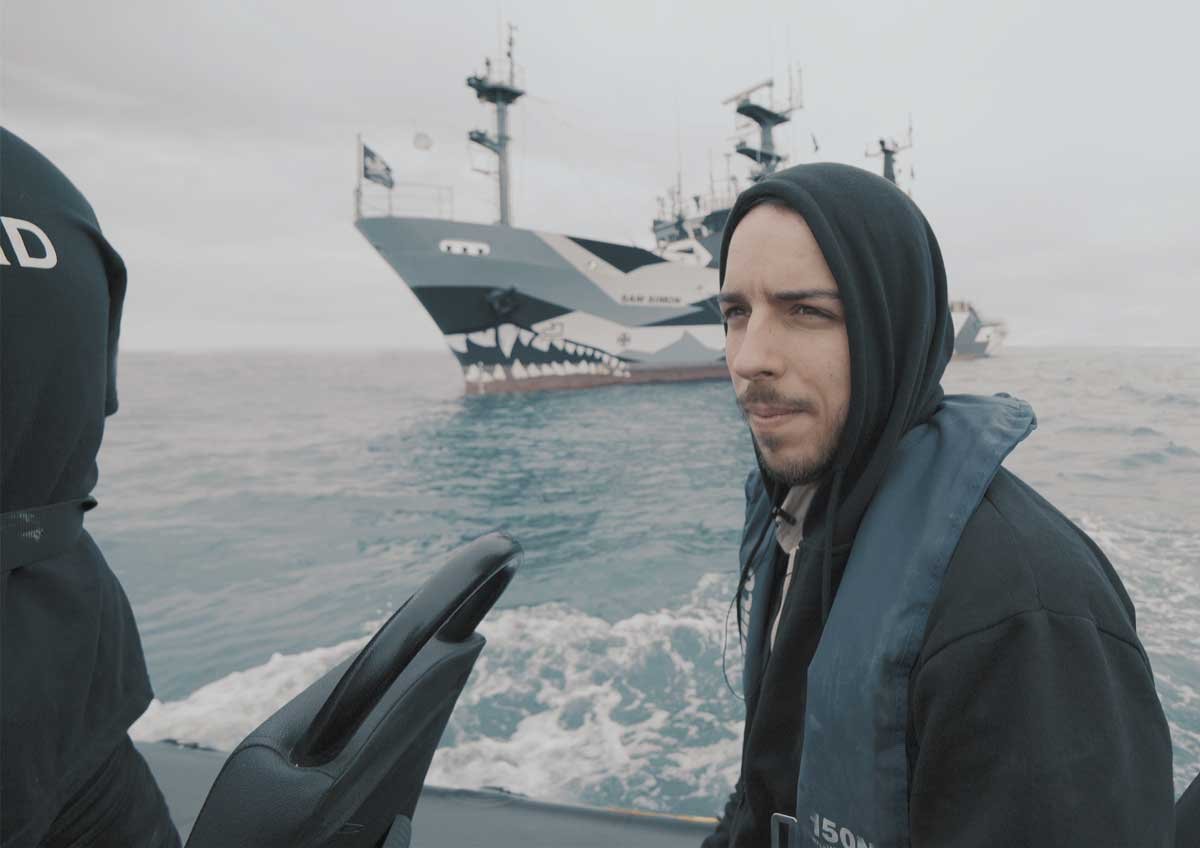
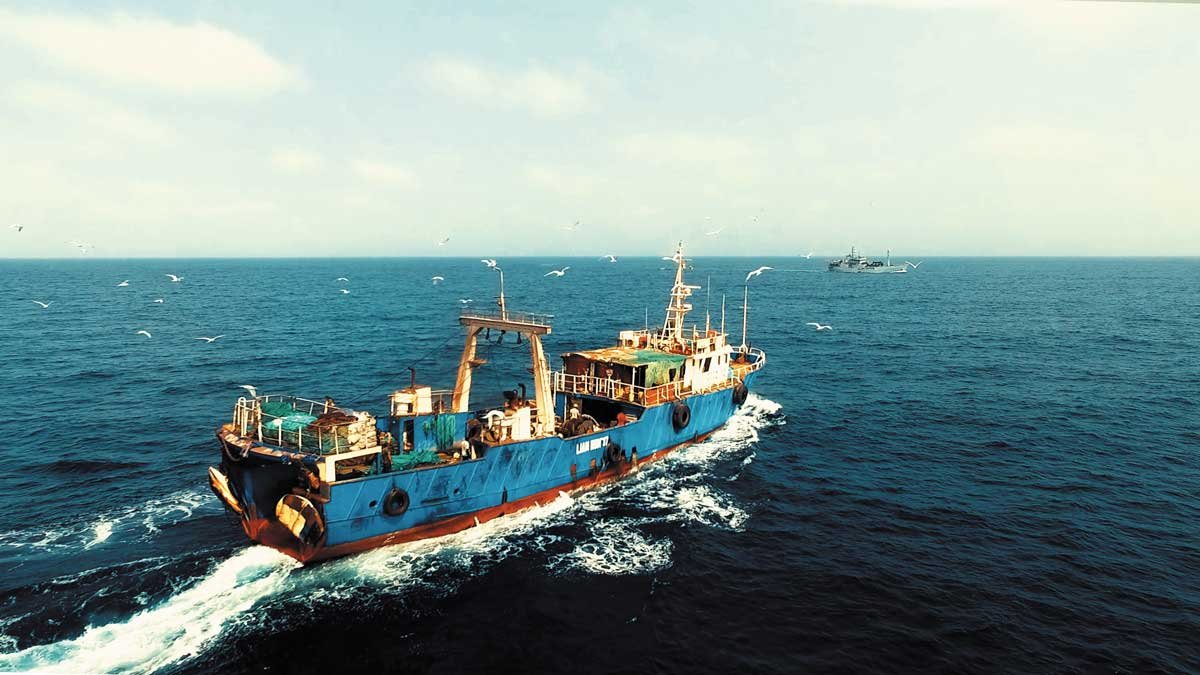
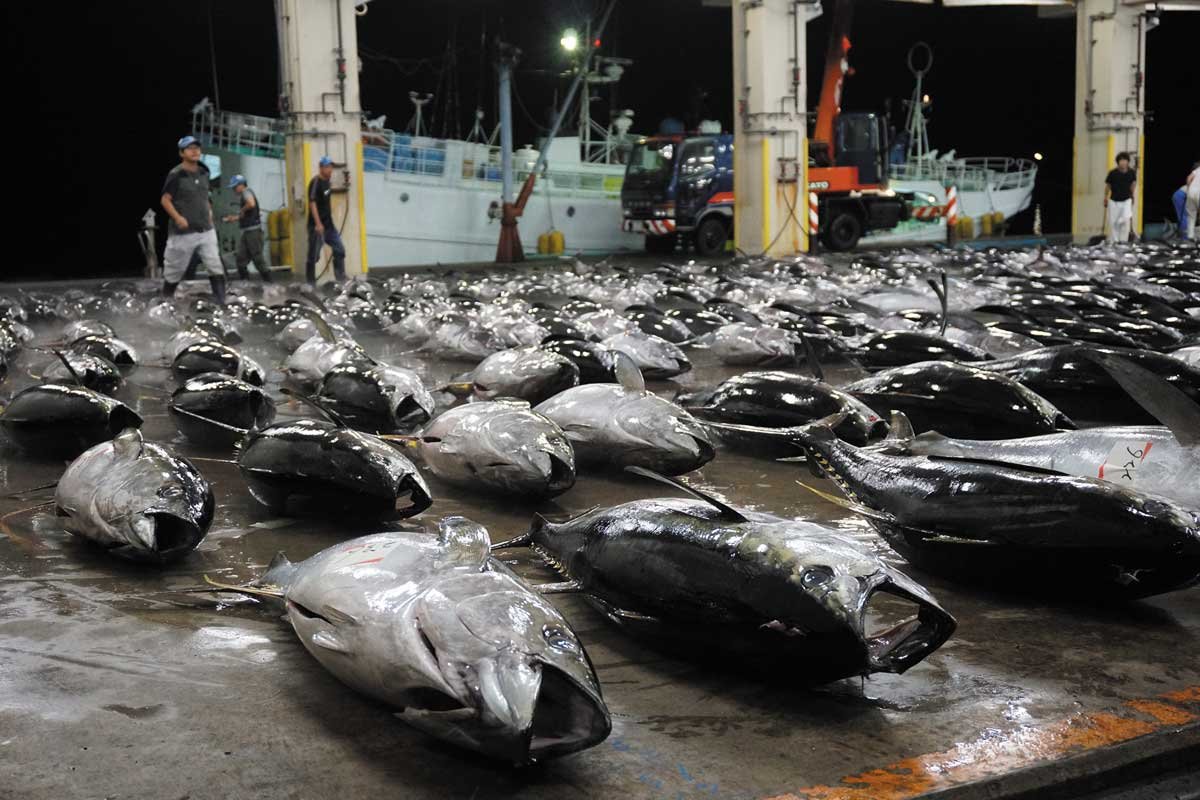
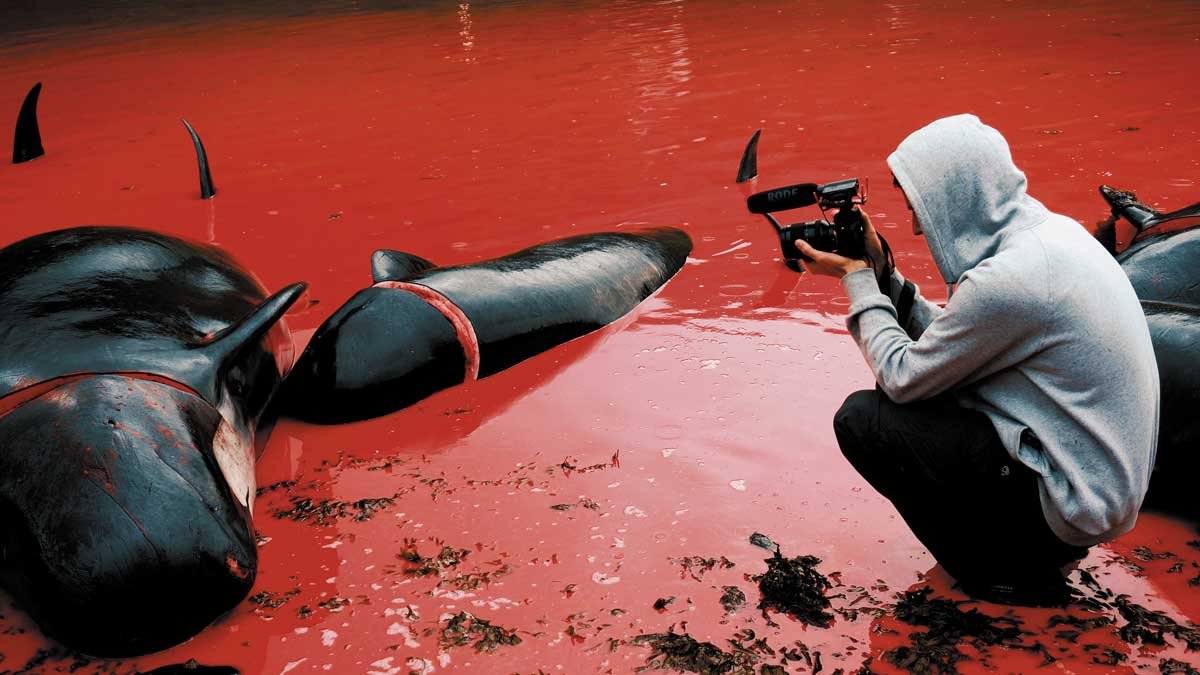
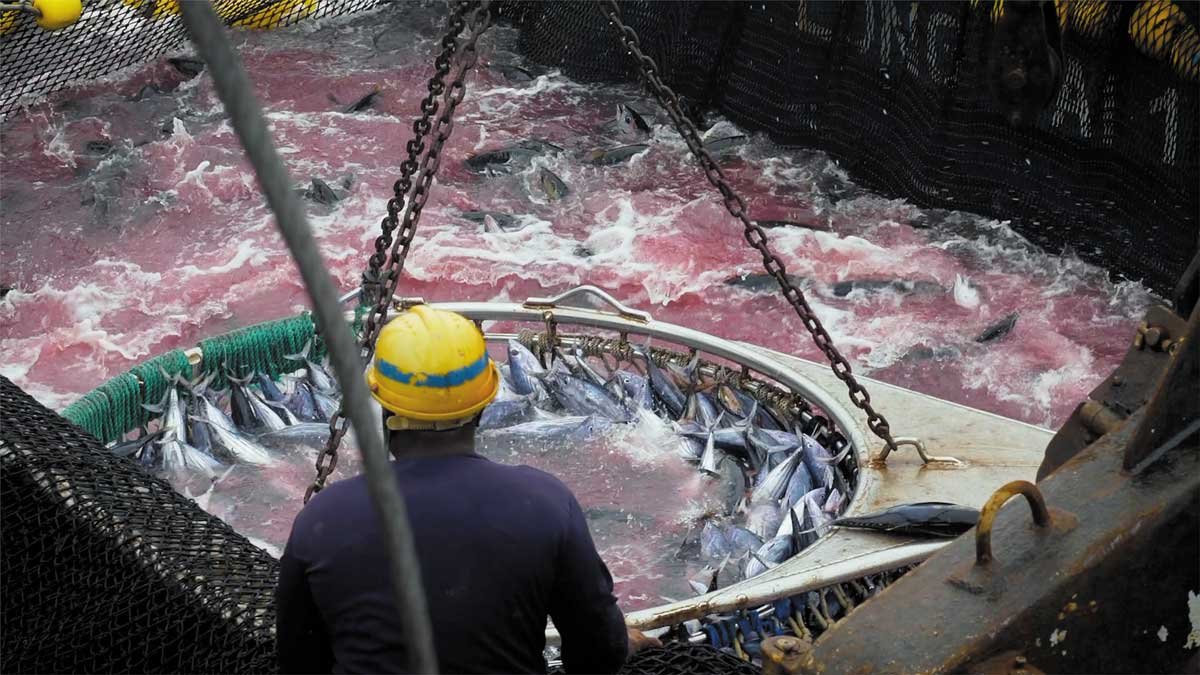
Other than the important, increased knowledge of the public as to what is happening out there, have you seen any other positive changes to the fishing industry since the release?
The positivity has all come from people around the world who are joining this movement to save our seas by shifting to a plant-based diet and asking their political leaders to protect our ocean. The fishing industry on the other hand, and the NGO’s who support them, seem to have only doubled down on their position. Just last week, one of the activists we spoke to in the film, Corin Smith, discovered he was being spied on... and even discovered a location tracker planted under his car. This is the kind of industry we are exposing and they don’t like it one bit.
Do you have another project you are working on now? A follow-up to Seaspiracy perhaps, or another documentary?
I’m not ready to do a Seaspiracy follow-up just yet – I’d want to leave it a few years at least. But I am embarking on my next film, which, although it explores similar themes of corruption and deceit in the highest seats of power, is not an environmental film. That’s all I can share for now.
What more could the public be doing to ensure this work is not forgotten?
Seaspiracy will be on Netflix forever and I want people to use it as a resource to share with their friends and family to raise more awareness. So that’s the best thing people can do: keep sharing and recommending the film. Beyond that, we have a very active presence on social media, so following us there @seaspiracy will be the best way to stay connected and keep up to date with more groundbreaking investigations beyond the boundaries of the Netflix documentary.


